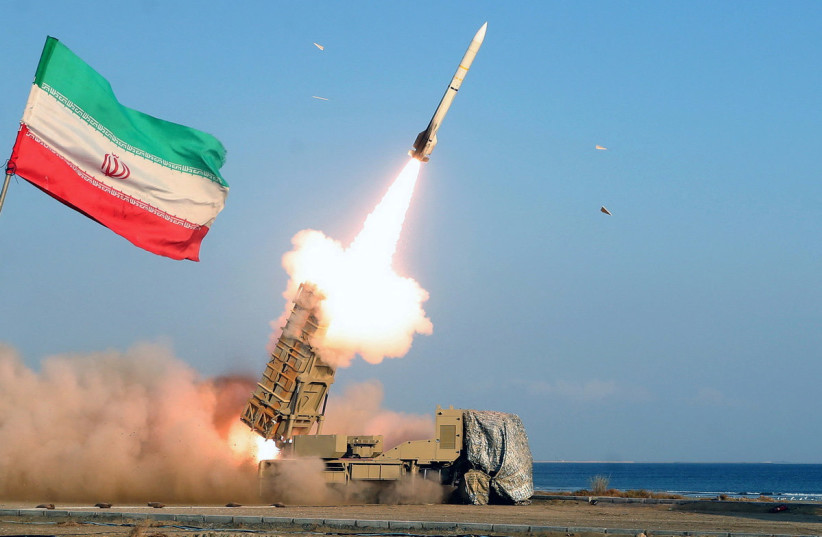Tehran warned Gulf states it would be "unacceptable" if they allowed their airspace to be used against Iran and any such move would draw a response, a senior Iranian official said on Tuesday, amid concerns about possible Israeli retaliation for last week's Iranian missile attack.
The official was speaking as Iran's Foreign Minister Abbas Araqchi headed to Saudi Arabia and other Gulf states for talks.
The comments also followed discussions between Iran and Gulf Arab capitals last week on the sidelines of an Asia conference in Qatar, when Gulf states sought to reassure Iran of their neutrality in any conflict between Tehran and Israel.
"Iran made it clear that any action by a Persian Gulf country against Tehran, whether through the use of airspace or military bases, will be regarded by Tehran as an action taken by the entire group, and Tehran will respond accordingly," the senior Iranian official told Reuters.
"The message emphasized the need for regional unity against Israel and the importance of securing stability. It also made clear that any assistance to Israel, such as allowing the use of a regional country’s airspace for actions against Iran, is unacceptable," he said.

The official said Iran did not discuss the issue of Gulf Arab oil producers raising output if Iranian production was disrupted during any escalation.
A Western diplomat in the Gulf said that during the Gulf-Iran meeting in Doha on Thursday on the conference sidelines, Iran had made it clear that Tehran had called for regional unity in the face of an Israeli attack and that it considered neutrality of Gulf states a bare minimum.
The diplomat said Iran had made it clear that Tehran would keep a close eye on how each Gulf country responded in the case of an Israeli attack and also how US bases housed in their countries were used.
Qatar, Kuwait, Bahrain, the United Arab Emirates, and Saudi Arabia all host US military facilities or troops.
Biden had been scheduled to discuss Middle East tensions with French President Emmanuel Macron, British Prime Minister Keir Starmer, and German Chancellor Olaf Scholz in Berlin later this week, but he canceled due to the upcoming storm in Florida.
It would have gone along with the highest-level meeting ever of the Ramstein group of Ukraine arms donors that aimed to underscore unwavering support for Kyiv.
"I just don't think I can be out of the country at this time," Biden said, adding that he hoped to reschedule the trip "and all the conferences I said I'd participate in."
Tovah Lazaroff contributed to this report.
